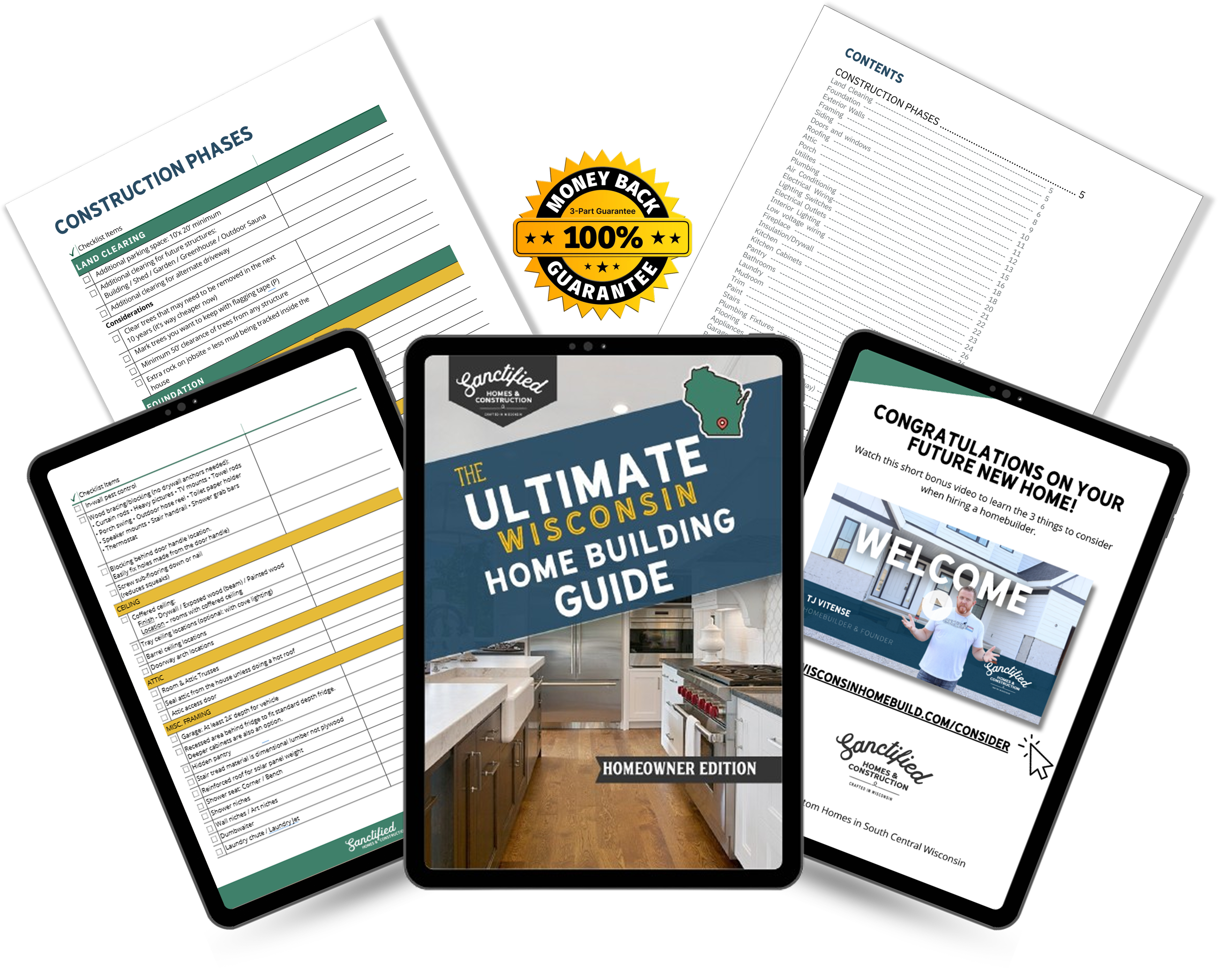💸 FINANCING A NEW HOME

How to afford a new construction home: Types of Financing
Building a new home can be an exciting venture but you might be wondering how to afford a new construction home. Financing a new home requires careful consideration and planning to ensure that you can afford the cost of the home without putting yourself in financial jeopardy. When you’re looking at financing the cost to build your new home you have a few options.
1. Save Up for A Down Payment
Saving up for a down payment is the first step in affording a new home, maybe, unless you have some equity in a different property that the bank will let you leverage. The more you can put down upfront, the lower your monthly mortgage payments will be. Most lenders require a down payment of at least 20% of the home's purchase price if you’re trying to avoid private mortgage insurance (PMI). That said, we work with a number of lenders who are allowing clients to put as little as 5% to 10% down depending on their circumstances.
Here are 3 Additional Insights for How to Afford a New Construction Home, especially with a your savings:
Set a Goal and Track Your Progress: Set a goal for how much money you want to save for a down payment on a new construction home. Then, track your progress and adjust your goal as need be. This could include creating a budget, cutting down on expenses, and creating a savings plan.
Take Advantage of Tax Breaks: There are several tax breaks available for new construction home buyers, including deductions on property taxes, loan interest, and capital gains. Be sure to research and take advantage of any tax breaks that may be available to you.
Invest in High-Interest Savings Accounts: High-interest savings accounts are a great way to help you save money for a down payment on a new construction home. These accounts generally offer higher interest rates than regular savings accounts, so you’ll be able to earn more money on the money you save.
2. Consider A Construction Loan
A construction loan is a type of loan that is used to finance the construction of a new home. This type of loan differs from a traditional mortgage loan because the lender will typically release the funds in stages as the construction progresses. It can help you manage your cash flow and ensure you have the necessary funds for construction.
This type of loan also has different terms than a traditional mortgage loan, so it's important to understand these terms before applying. In addition, the interest rate on this type of loan is typically higher than a traditional mortgage loan, so you should also factor this cost into your budget. Ultimately, a construction loan can help you finance your dream home, but it's important to understand the associated costs and risks before you commit.
Here are 3 Additional Resources for How to Afford a New Construction Home, especially with a construction loan:
The U.S. Department of Housing and Urban Development (HUD): The HUD website provides information on different types of construction loans and financing options available.
The Consumer Financial Protection Bureau (CFPB): The CFPB website provides information on the different types of construction loans available, as well as tips on how to shop for the best loan.
The National Association of Home Builders (NAHB): The NAHB website provides a variety of resources, including information on construction loan terms and best practices.
3. Get Pre-Approved for A Mortgage
Getting pre-approved for a mortgage is another crucial step looking to build a new home. It involves applying to a lender who will review your credit score, income, and other financial information to determine how much you can borrow. It will give you a clear understanding of your budget and help you avoid falling in love with a home you can't afford.
Before applying for a mortgage, it is important to check your credit score and make sure it is in good standing. This will give you a better chance of qualifying for a loan and getting a lower interest rate.
You should also research different lenders and compare their interest rates and loan terms. This will help you find the best deal for your situation.
It is important to budget for additional costs such as closing costs, appraisal fees, and down payments. These costs can add up quickly, so it is important to factor them into your budget.
4. Explore Government-Backed Loan Programs
Several government-backed loan programs can help you finance a new construction home.These include the Federal Housing Administration (FHA), Veterans Affairs (VA), and the Rural Housing Service (RHS). Each program has its own set of eligibility requirements, but all of them offer competitive rates and flexible terms.
You might be eligible for a VA loan if you're a veteran or active-duty service member. The Department of Veterans Affairs backs these loans to help military personnel and their families buy homes. With a VA loan, you can often get a 0% down payment option, making it easier to afford a new construction home. PLUS a lot of our veteran friends we run into don’t know this, but you can actually finance the build of your home with a VA loan.

5. Consider A Home Equity Loan or Line of Credit
Another option to finance a new construction home is a home equity loan or line of credit (also know as a HELOC). This type of loan allows you to borrow against the equity you have built up in your current home. You can use the funds from the loan to help finance the new construction home. The interest rates on home equity loans and lines of credit can be lower than other types of loans, making them an attractive option for financing your new construction home. You may also be able to deduct the interest you pay on the loan from your taxes, which can help offset some of the cost.
If you already own a home and plan to sell it to buy a new construction home, you might want to consider your home equity loan as a "bridge loan." This short-term loan is designed to help you bridge the gap between selling your current home and buying your new one. With a bridge loan, you can use the equity in your current home to help finance the new construction home.
Before taking out a home equity loan or line of credit, it is important to understand the risks associated with these products, as well as the repayment terms and interest rates.
Here are 3 Additional Resources for How to Afford a New Construction Home, especially with a home equity loan:
Bankrate: Bankrate provides comprehensive information on HELOC loans and other types of home equity loans. They also offer comparison tools to help you find the best deal.
Investopedia: Investopedia offers detailed information on HELOC loans, including how to apply and how to calculate your home equity.
NerdWallet: NerdWallet provides a comprehensive guide to HELOC loans, including information on eligibility requirements and potential tax benefits. They also offer a HELOC calculator to help you determine how much you can borrow.
Conclusion for how to afford a new construction home
In conclusion, affording a new construction home requires careful planning and consideration of the different financing options available. Consult with a financial advisor or lender to determine the best financing option for your situation. Or reach out to us and we are happy to get you pointed in the right direction.

Why You Will Love Working With Us

Transparency
Honesty is always the best policy, and this is the policy we swear by. We aim to be as transparent as possible with our clients when building their homes.
We have no hidden fees or surprises.
We disclose every invoice and bid because we have nothing to hide.
We are upfront about all costs, including the price or materials and labor costs, so you can trust every dollar of the process.
Experience
Our team has over 25 years of experience in construction and design, so we know how to make your dream home a reality.
Over 200 homes build with our combined expertise!
25 years experience in
Parade of HomesBuilder Of the Year with Madison Area Builders Association
The Ultimate Wisconsin Home Building Guide
Avoid Costly Mistakes. Build Smarter. Build Confidently.

Download the guide trusted by hundreds of Wisconsin homeowners to plan smarter, save money, and feel confident from day one.
💡 Here’s What You’ll Instantly Get:
Step-by-step home building phases — from clearing land to final touches
Lot selection & budgeting strategies to avoid hidden costs
Room-by-room material and design tips
Checklists most first-time builders forget
Future-proofing advice (solar, EVs, smart home features & more)
Our Values
We are committed to raising the standards in the industry. At our core, we value transparency, trust, and communication. Our mission is not to only give you a modern, efficient home, but a place to experience life with the ones you love the most.
Cities We Serve
We serve all of Dane County
Copyright Sanctified Homes & Construction.
Designed with love by Kismet Ideas.




